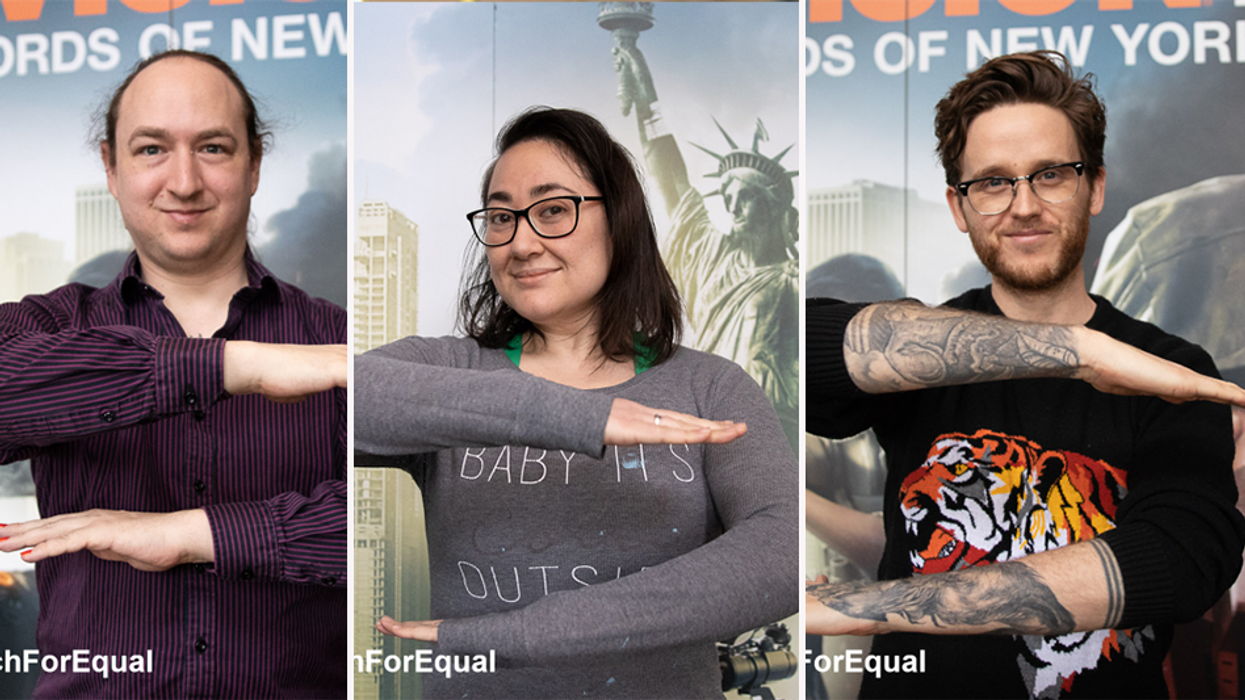
© 2024 Blaze Media LLC. All rights reserved.
I want to kill you. You want to live. Let’s compromise; I’ll cut off your arms and you play dead. Ah, compromise. Fairness has been achieved, right? Wait, you say you don’t want your arms cut off? Well now you’re just being an obstructionist. Doesn’t America deserve better than that kind of blind partisanship. I’m trying to be fair, so I’m good. You’re selfishly trying to stop progress to protect your personal interests, which makes you evil.
Obviously I am making an extreme analogy, but I follow the same logical process to arrive at my conclusion that our politicians and media use persistently. Unfortunately, you can see that this logic is undermined by a fatal flaw; it’s at war with reality.
The premise at its heart is fundamentally wrong; fairness is not aninherent good. In fact, it doesn’t even exist except as a conception of a presumed ideal for human nature, a higher value that we should seek in order to achieve some aspect of our journey to personal progress and societal evolution.
Grand designs and evolutionary platitudes aside, life in nature was described by Thomas Hobbes as “nasty, brutish, and short." In his mind, even the most oppressive and vile government was preferable to an existence in nature which is capricious, merciless, and indifferent to suffering. Men therefore form governments to preserve themselves from that miserable existence, not out of a desire to “even the playing field”. In fact, the modern conception of fairness is little more than one of the many bad ideas to come out of the Romantic era which saw nature as benign, genteel, and poetic.
It is important to distinguish between fairness and equity; the important distinctions being measurability and consent. Equity is achieved by consent. If I negotiate a contract with a vendor, we both seek advantage, but we achieve consensus when we agree on terms that are beneficial to each of us and acceptable to the other. Moreover, the terms have metrics, totals, and quantities of some measurable value to assure that the contract is followed and the parties are satisfied that equity is maintained. We would each say that the deal is fair, but if it is a contract to slaughter livestock, an outside animal rights group would claim it is profoundly unfair.
That’s because fairness is qualitative. It is not measured with a calculator, but with feelings. The danger of using it as a measure of objective things in the real world is that it is different to each person who is applying it so no consensus can form around any objective standard. The goal post can and will be constantly moving. That same quality does, however, make fairness a great rhetorical weapon for demagogues and charlatans.
This is why every time a journalist or commentator tries to pin a liberal down on what constitutes “paying your fair share,” they respond with, well, demagoguery and charlatanism. If fairness were objectively defined, they could never again use it as a weapon to smear their opponents and claim moral high ground while conceding nothing in the debate. In other words it’s a cheap way to look moral and reasonable without actually possessing morality or reasonableness.
Fairness is an empty vessel. Merely deferring to “what is fair” allows the listener to fill that space with their own perception of what is fair to them. Since the person making the argument obviously “gets” the listener, they (or their policy) deserve support. In this, fairness becomes a mechanism to short cut critical thinking and analysis, and head straight to the ego; the surest route to a voter’s heart
Injecting fairness into debates about budgets, allocations of public goods, or federal regulations is completely inappropriate and mischievous. It is done to distract from measurable, knowable and objective quantities, replacing them in the public debate with feelings of petty bitterness and self-righteous indignation.
The next time a politician or talking head starts spouting off about fair shares and everyone carrying their load, question the premise. Ask yourself what that means, what are the implications, and then carry the argument to its natural conclusion.
What is the logical end of fairness in a progressive tax code? Taking 100 percent from everyone that those in power deem to have enjoyed an “unfair” benefit. You know, like what they did in places like Cambodia and Russia. In fact in Cambodia, it became “unfair” to have a higher than average IQ or to live in a city or to have a college education. So in the interest of fairness, they were murdered to the last child. Rousseau would be so proud.
When you build your public life on subjective standards, it is the standards of the powerful that you will find yourself living or dying by. This is the rule of man and the cult of fairness is the mechanism by which those that lack the merit to achieve their own ends act instead to deprive the industrious and responsible of theirs.
Want to leave a tip?
We answer to you. Help keep our content free of advertisers and big tech censorship by leaving a tip today.
Want to join the conversation?
Already a subscriber?
more stories
Sign up for the Blaze newsletter
By signing up, you agree to our Privacy Policy and Terms of Use, and agree to receive content that may sometimes include advertisements. You may opt out at any time.
© 2024 Blaze Media LLC. All rights reserved.
Get the stories that matter most delivered directly to your inbox.
By signing up, you agree to our Privacy Policy and Terms of Use, and agree to receive content that may sometimes include advertisements. You may opt out at any time.


